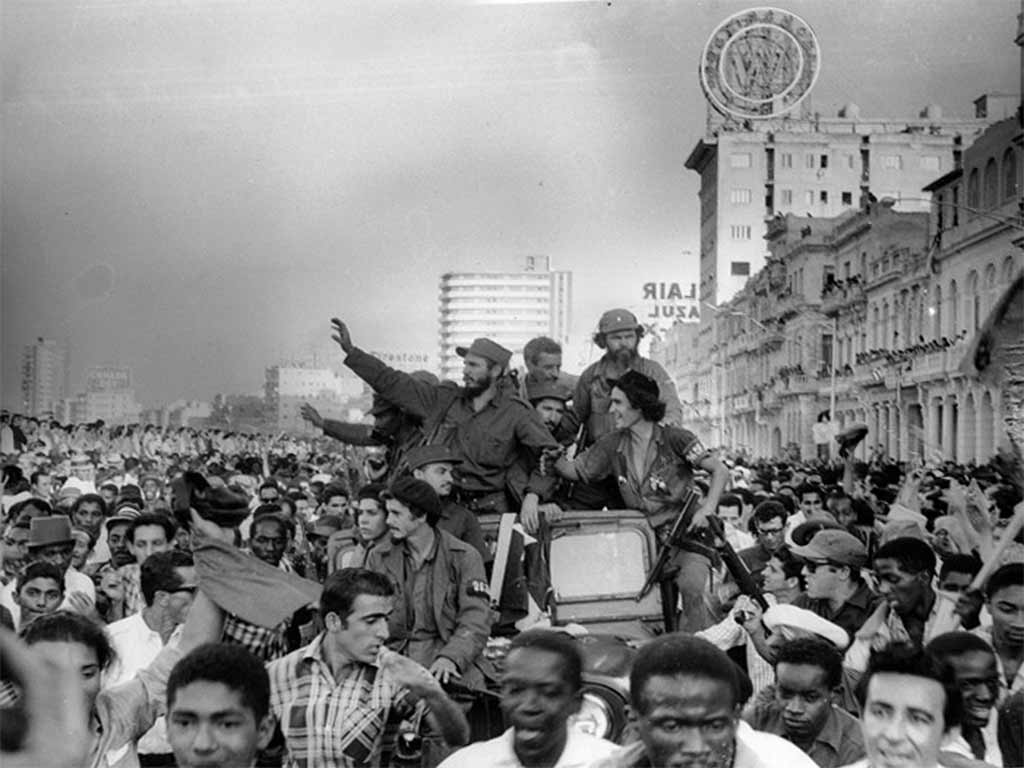
Havana, January 8 (RHC)-- Cuba commemorates on Wednesday the 66th anniversary of the arrival to Havana of the "Caravan of Freedom" of the Rebel Army, with Fidel Castro in command, following the revolutionary victory on January 1, 1959.
The entry of the rebel guerrilla leader into Havana was recalled at key points in the capital where the convoy arrived on that date, after more than a thousand kilometers of journey in contact with the people from the eastern city of Santiago de Cuba.
The re-enactment of that feat set off on January 2nd from the Santiago, led by outstanding young people and protagonists of the historical event, who, as they passed through each province, handed over the baton of the triumphant march to other members of the new generations.
The occasion was opportune for the authorities of those provinces to present young people and workers distinguished in various fields with the card that certifies them as members of the Union of Young Communists (UJC) and the Communist Party.
Likewise, some received the Always Young status conferred by the National Committee of the UJC for their significant participation in the tasks of that political organization.
In 1959, after more than two years of hostilities against the dictatorship of Fulgencio Batista (1952-1958), the rebel columns were greeted with hospitality by the inhabitants of towns and cities along the route, which demonstrated a resounding popular support for the political change proposal that was beginning on the Caribbean island.
According to chroniclers of that epic, the contingent of humble soldiers and patriots, with combat uniforms and long hair, imbued the population with a mystique that elevated the tales of their military victories over U.S. trained and better-equipped regular forces to epic dimensions.
The advance of the Caravan from East to West showed the possibility of making long-postponed dreams of social justice a reality, and at the same time pointed out numerous dangers that the Revolution had to navigate in the face of hostility from its internal and external enemies.
The march of the Rebel Army also represented the first direct encounter of the Cubans with Commander Fidel Castro, the leader who would later guide the destiny of the nation and build, together with the revolutionary forces, a socialist project of continental significance.
(Source: Prensa Latina)

